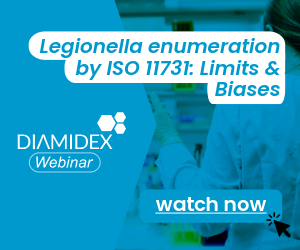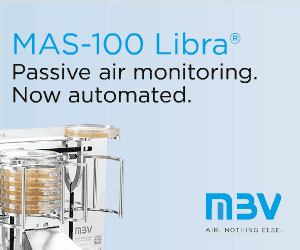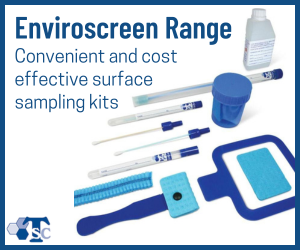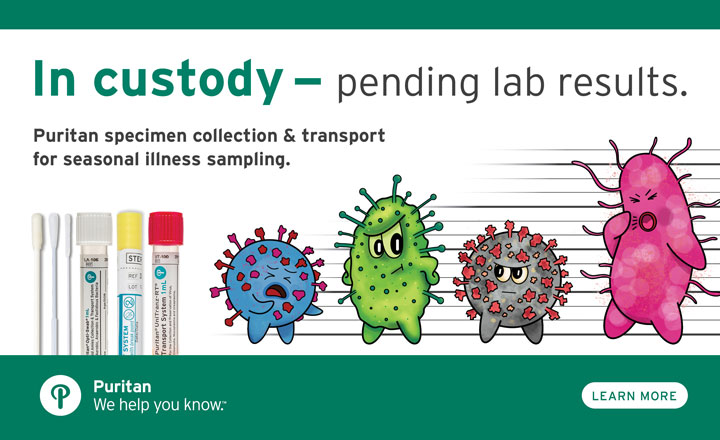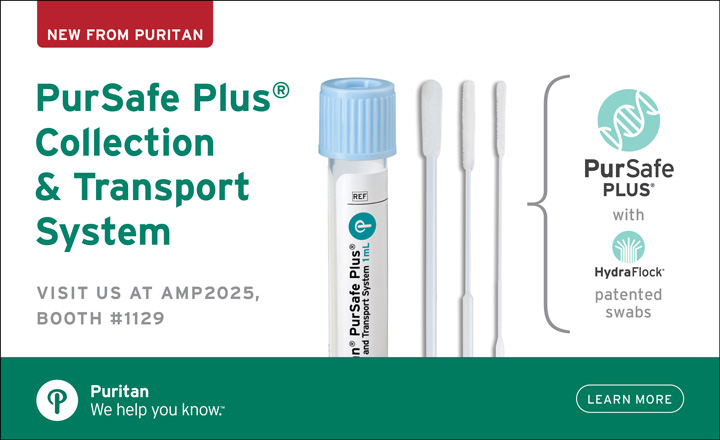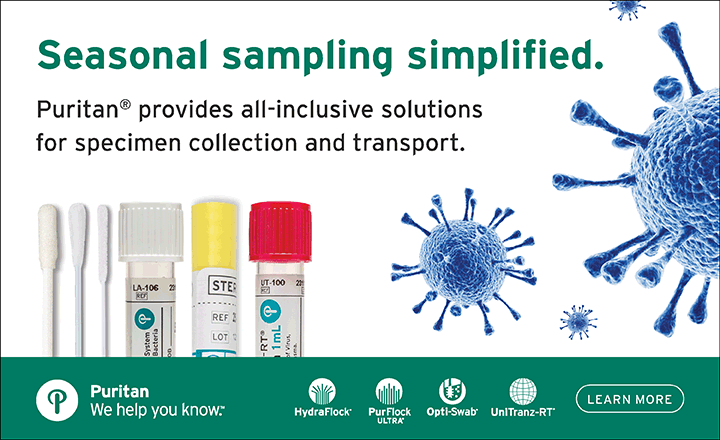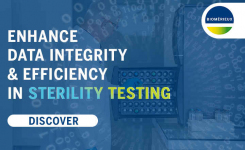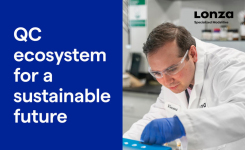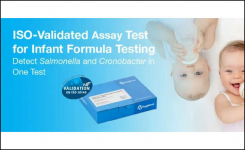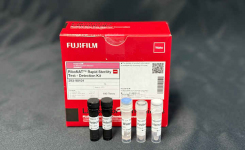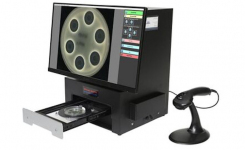Yale School of Public Health has developed a protocol for COVID-19 testing that will help laboratories avoid supply-shortage bottlenecks.
The protocol is a non-invasive method, needing only patient's saliva for testing, hence the name 'SalivaDirect'. Not only will this encourage more people for testing but will avoid any problem with sourcing swabs.
The specimen can be collected in a container, that doesn't require preservatives; as long as it is double-bagged aseptically, it can survive at room temperature for up to 7 days.
Furthermore, the specimen requires no RNA extraction step, but is treated with proteinase K and inactivated with heat before the RT-PCR run, thus avoiding the RNA extraction reagent bottleneck that disrupted testing regimes worldwide.
However, the EUA granted by the FDA, instructs which vendor's instruments and reagents should be used in this protocol, i.e. Thermo Fisher and Bio-Rad's RT-PCR thermocyclers and master-mix kits, to name a few.
The team at Yale have partnered with the National Basketball Association (NBA) to determine if the test can accurately detect asymptomatic cases, as they look to continue playing while ensuring the health of players and staff. The partnership' Surveillance With Improved Screening and Health' (SWISH) study involves side-by-side testing of samples collected from players and staff using a standard nasal/oral test for SARS-CoV-2 and SalivaDirect. These results are expected in late August.


